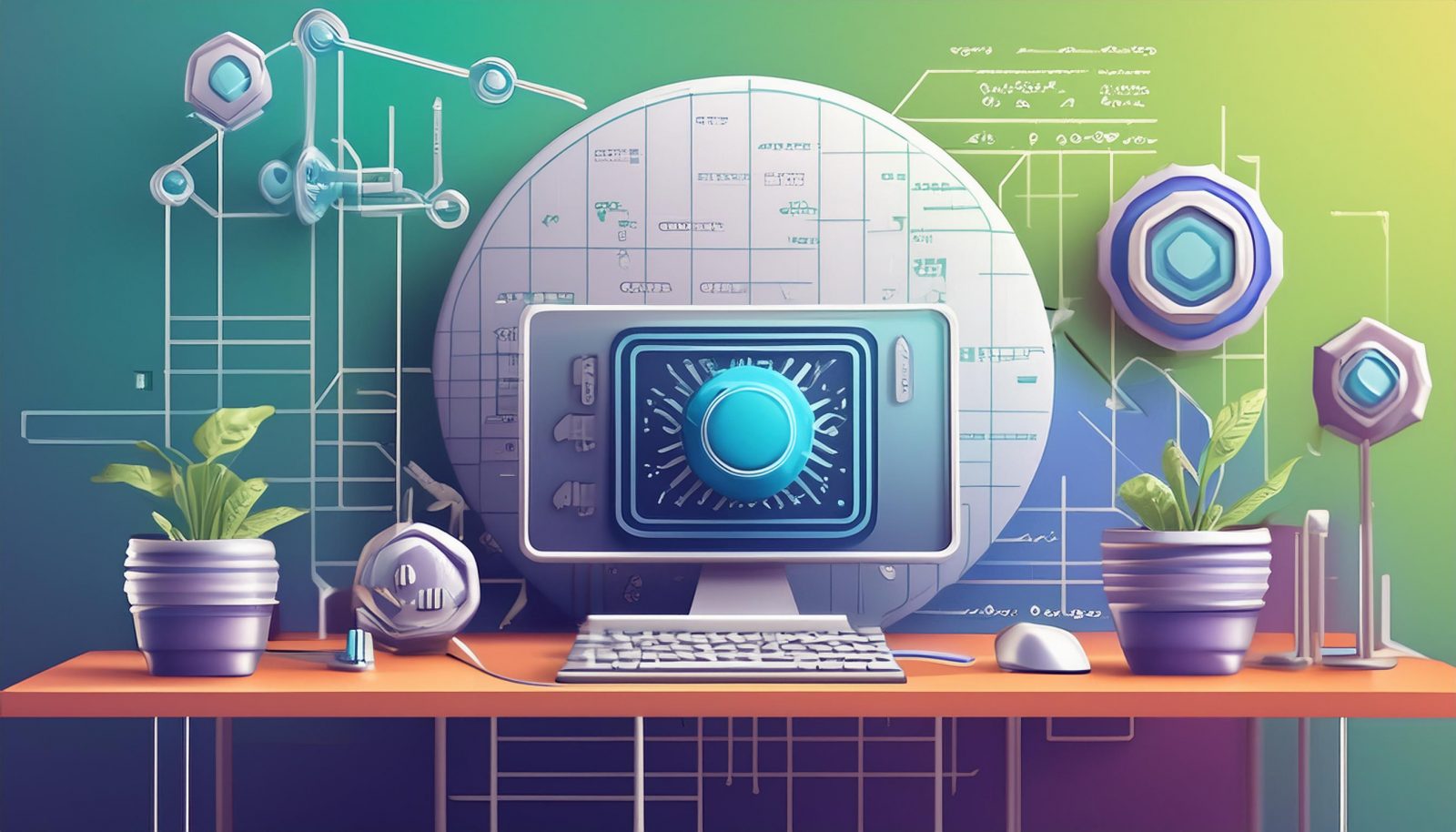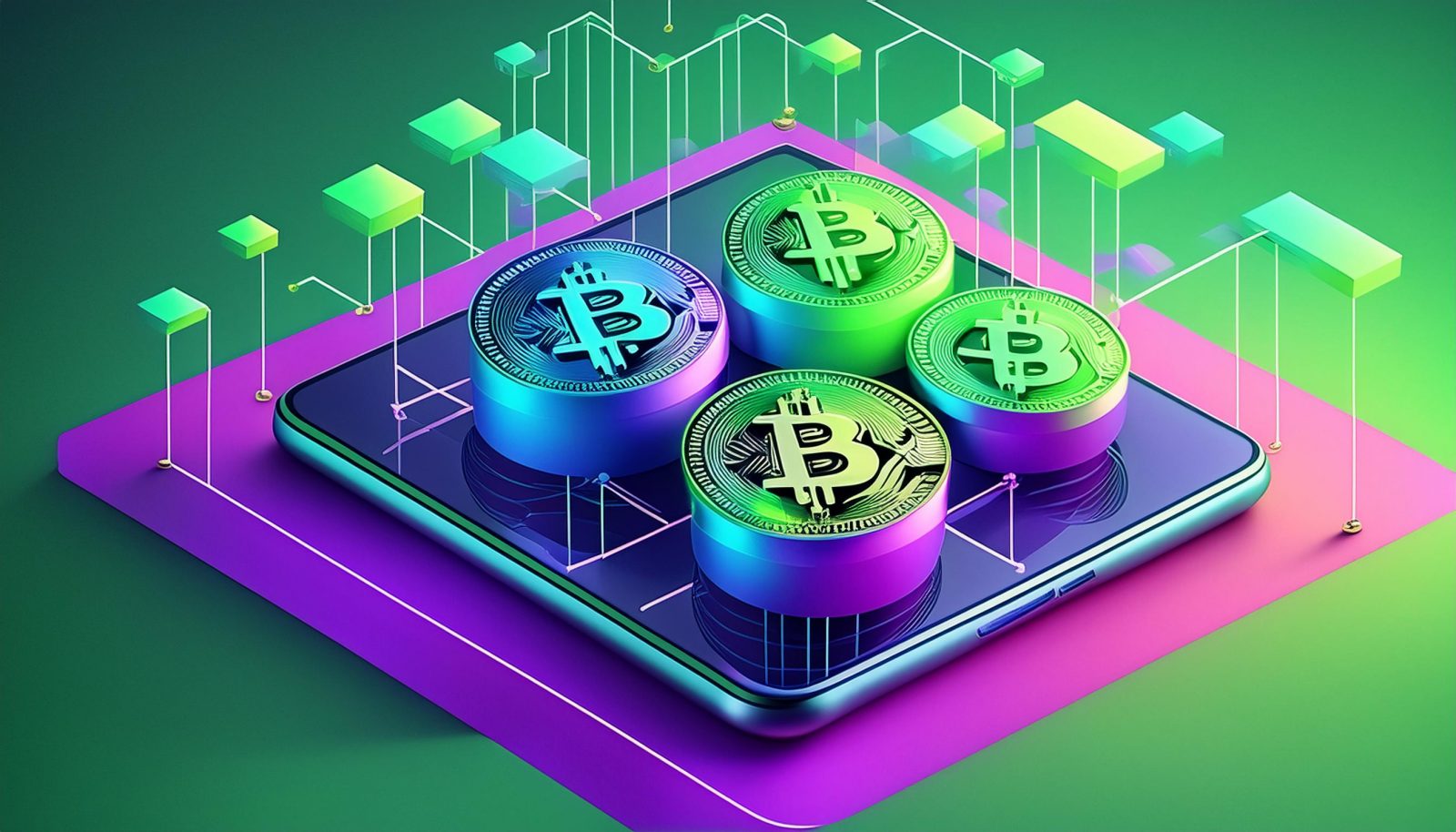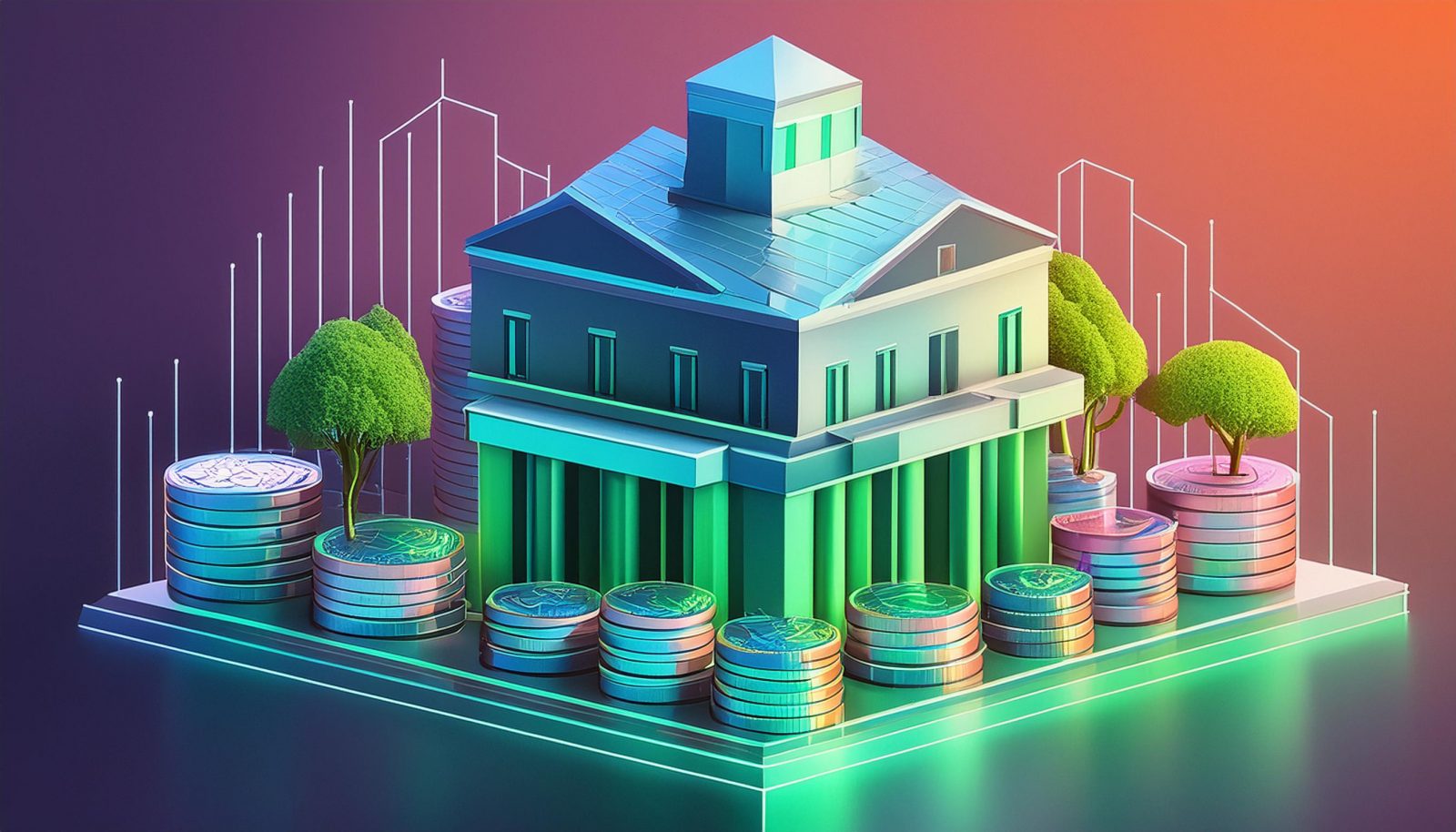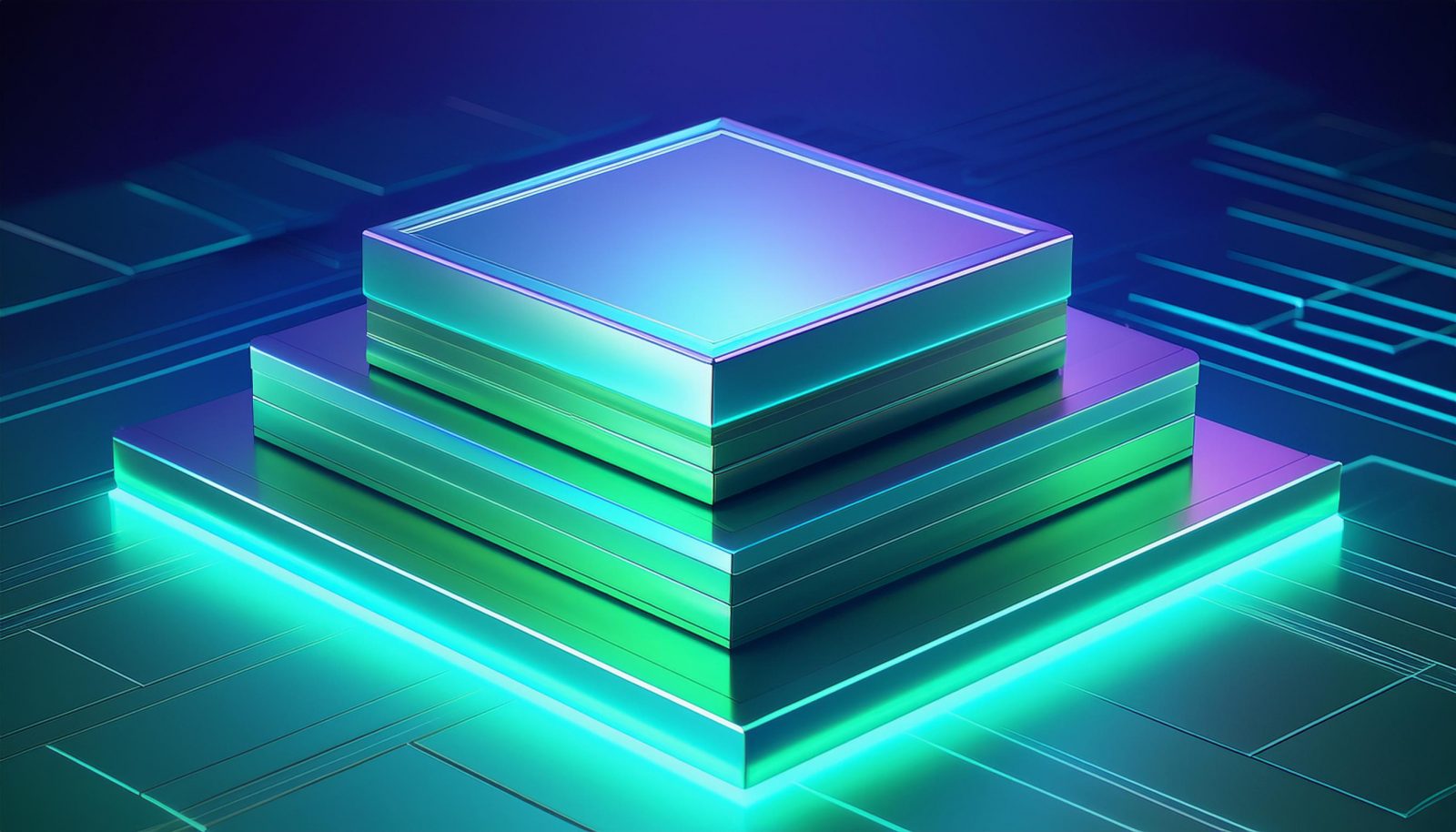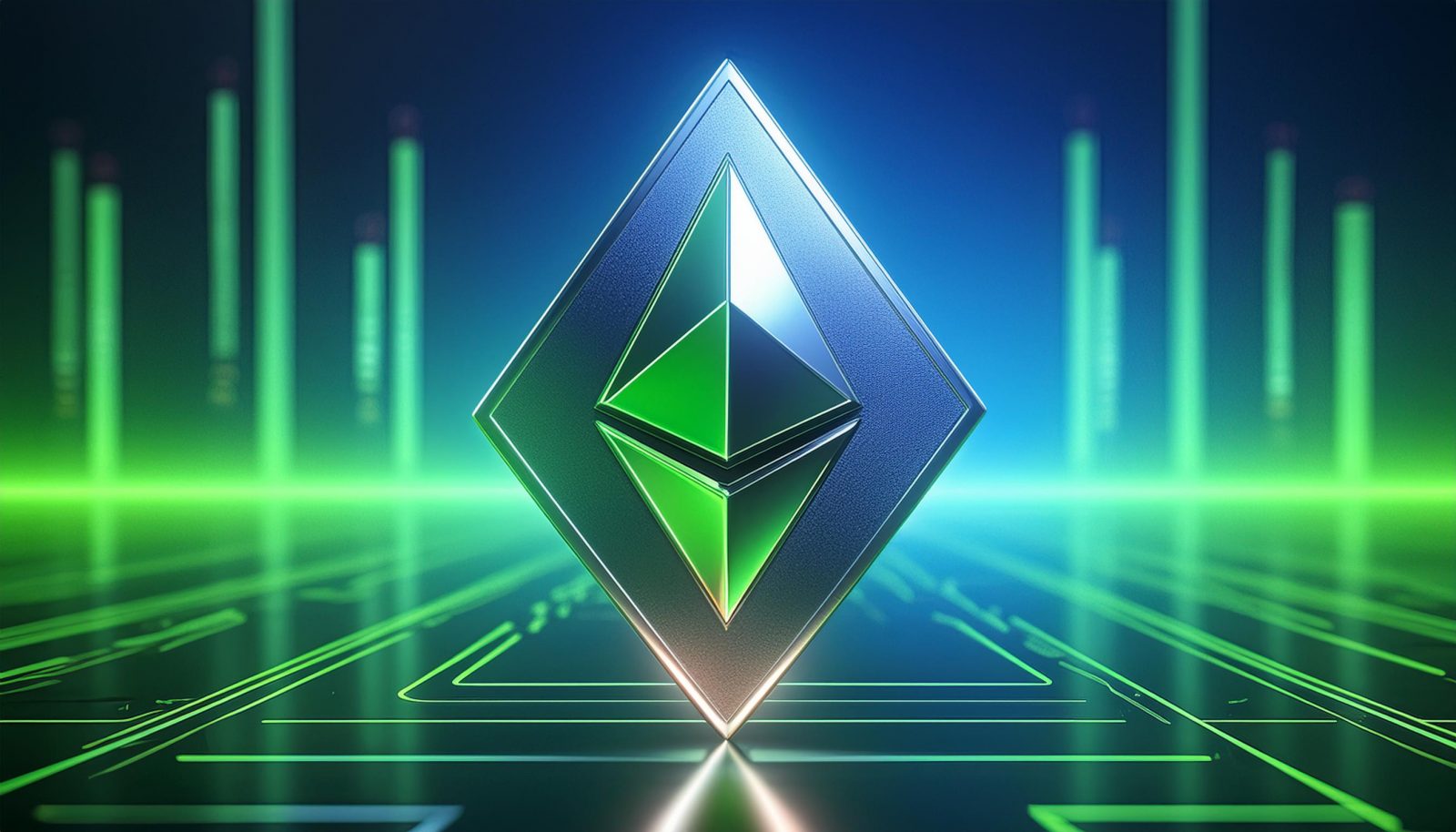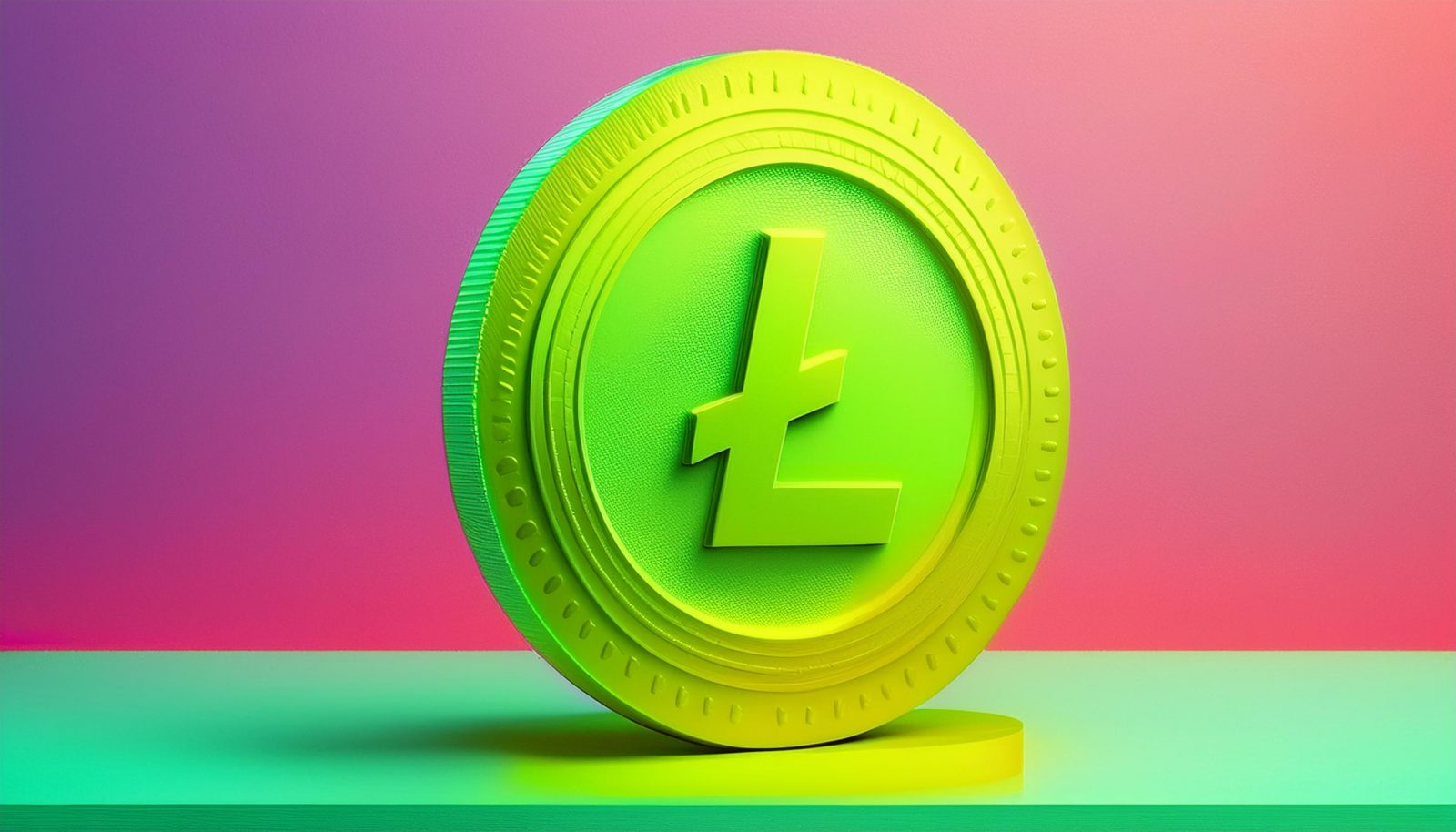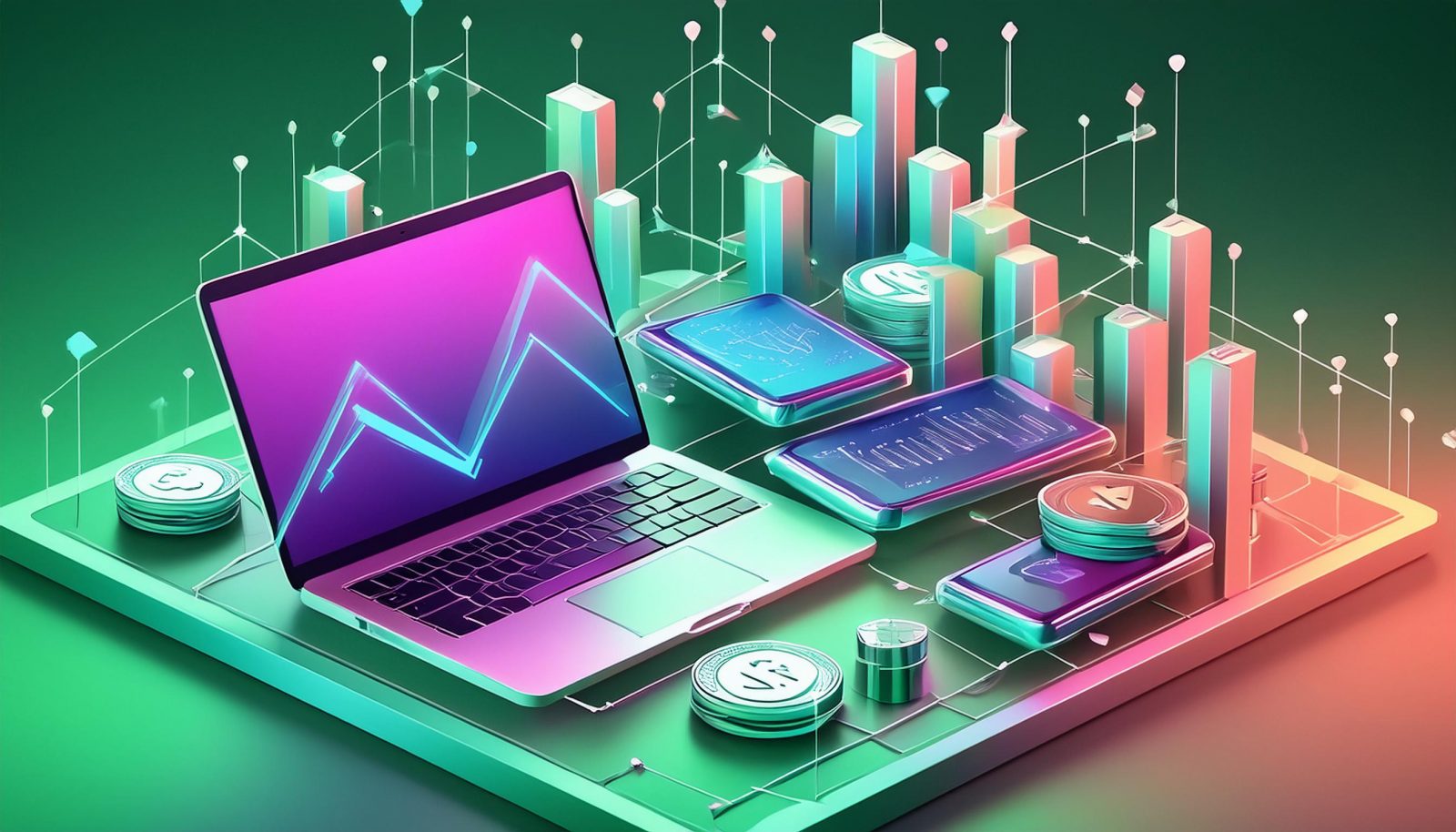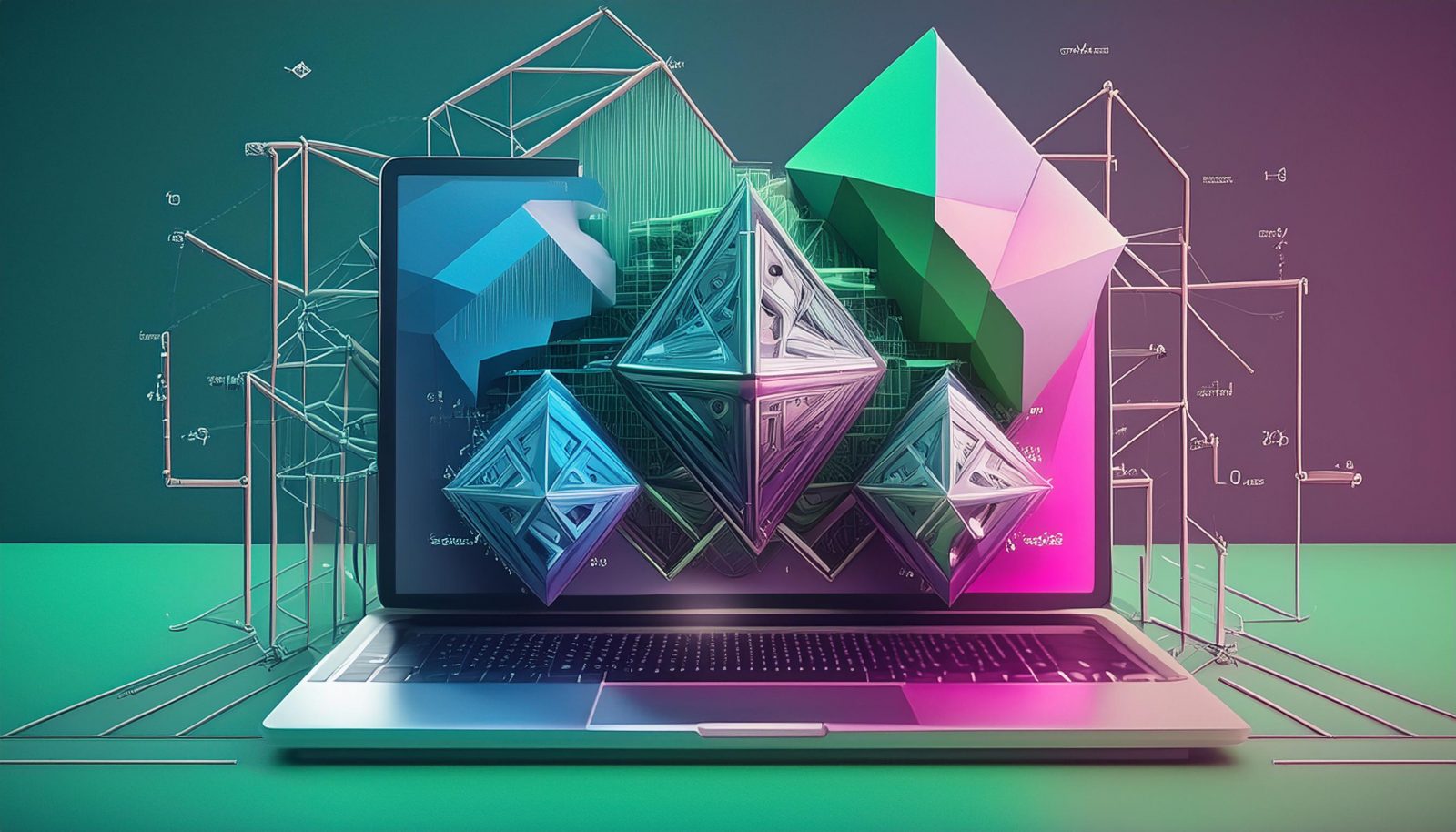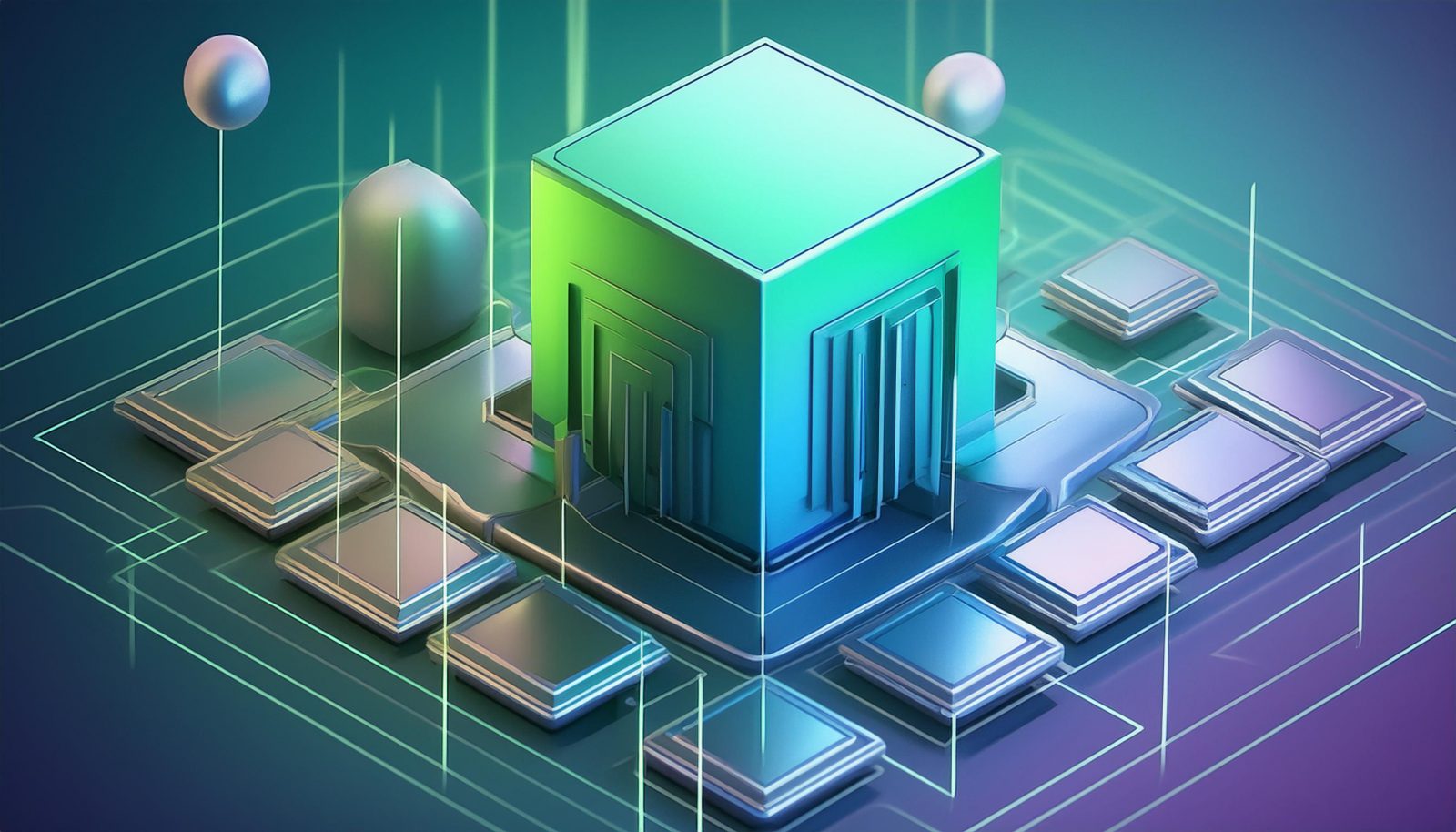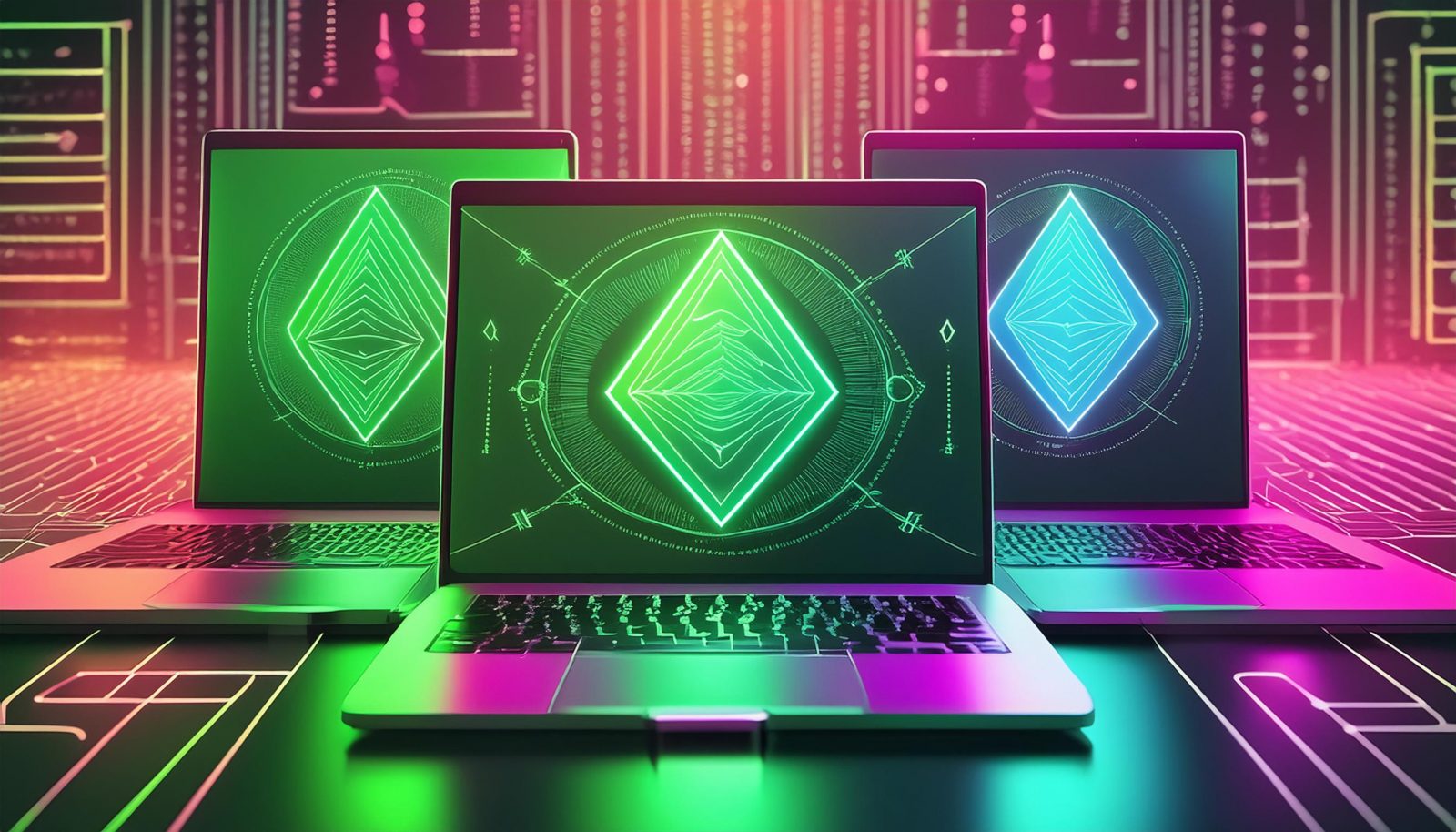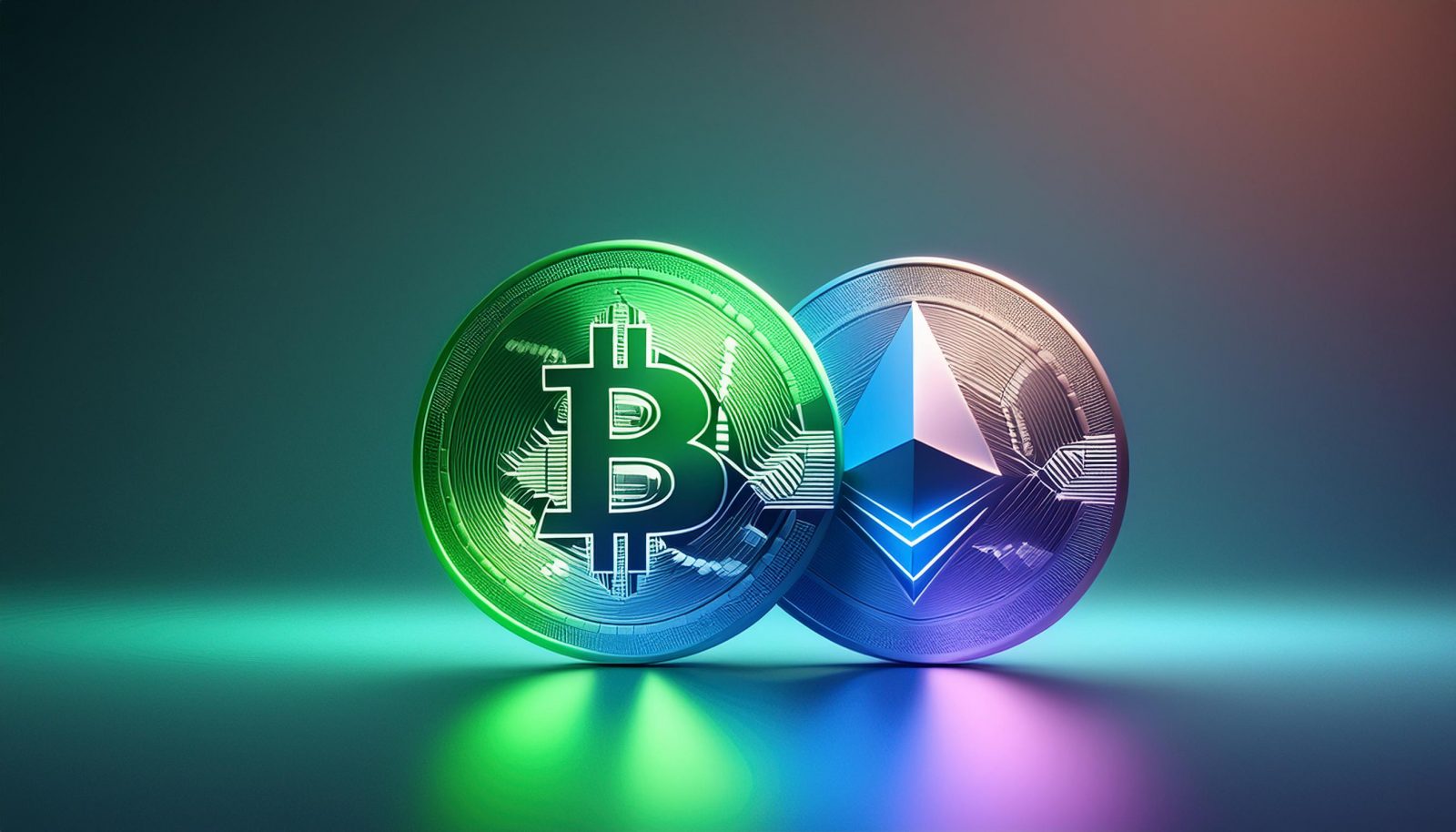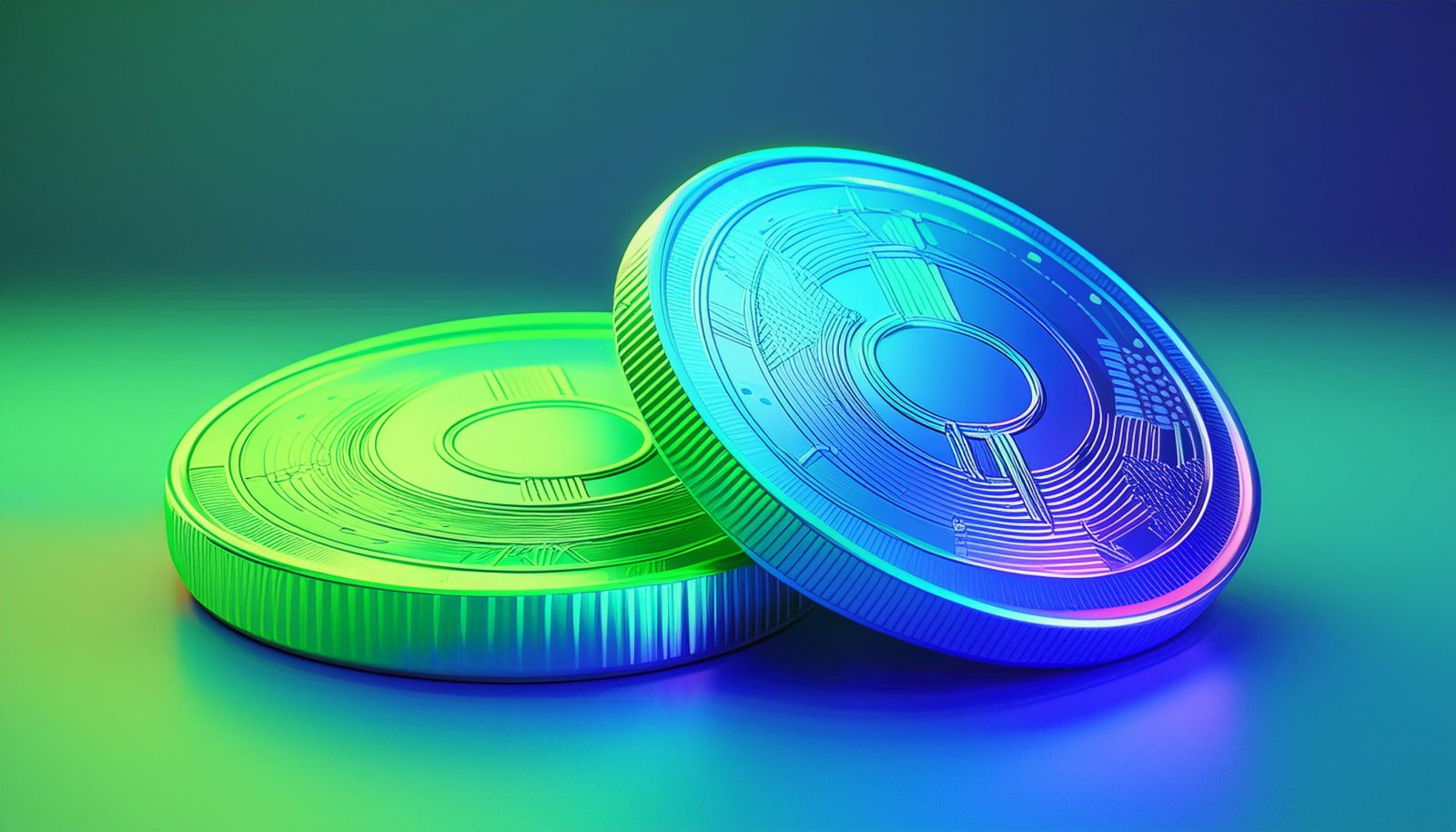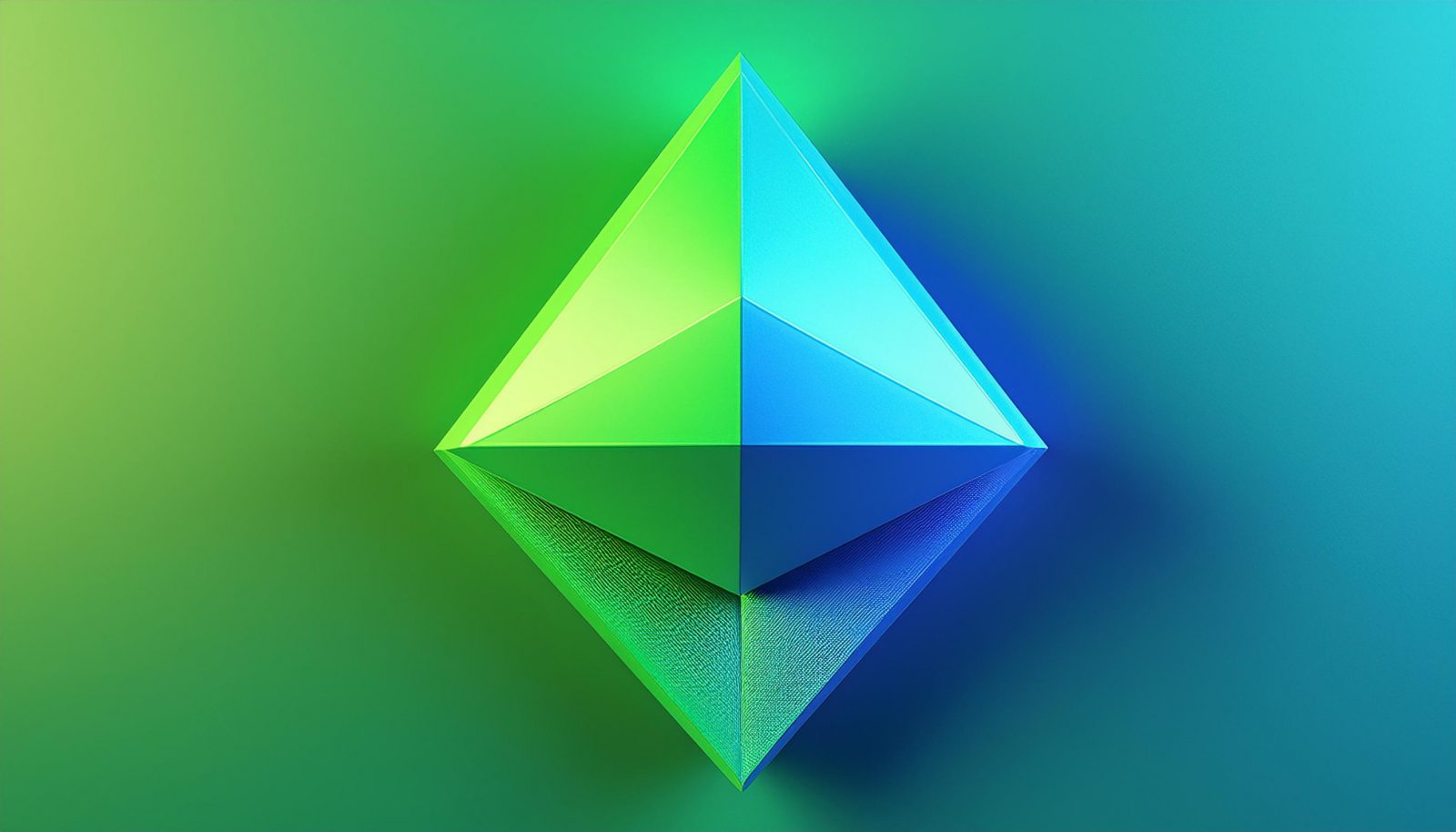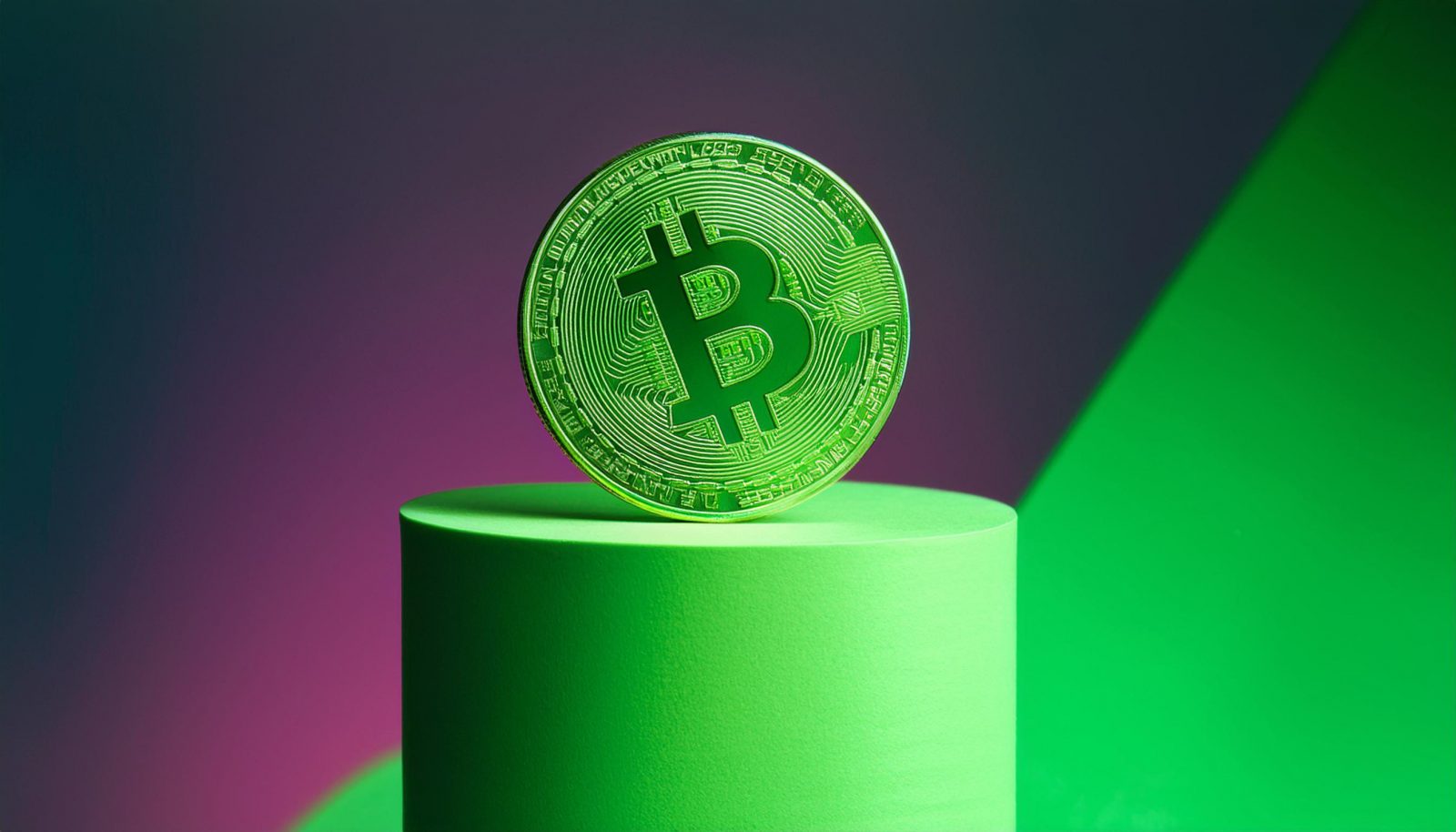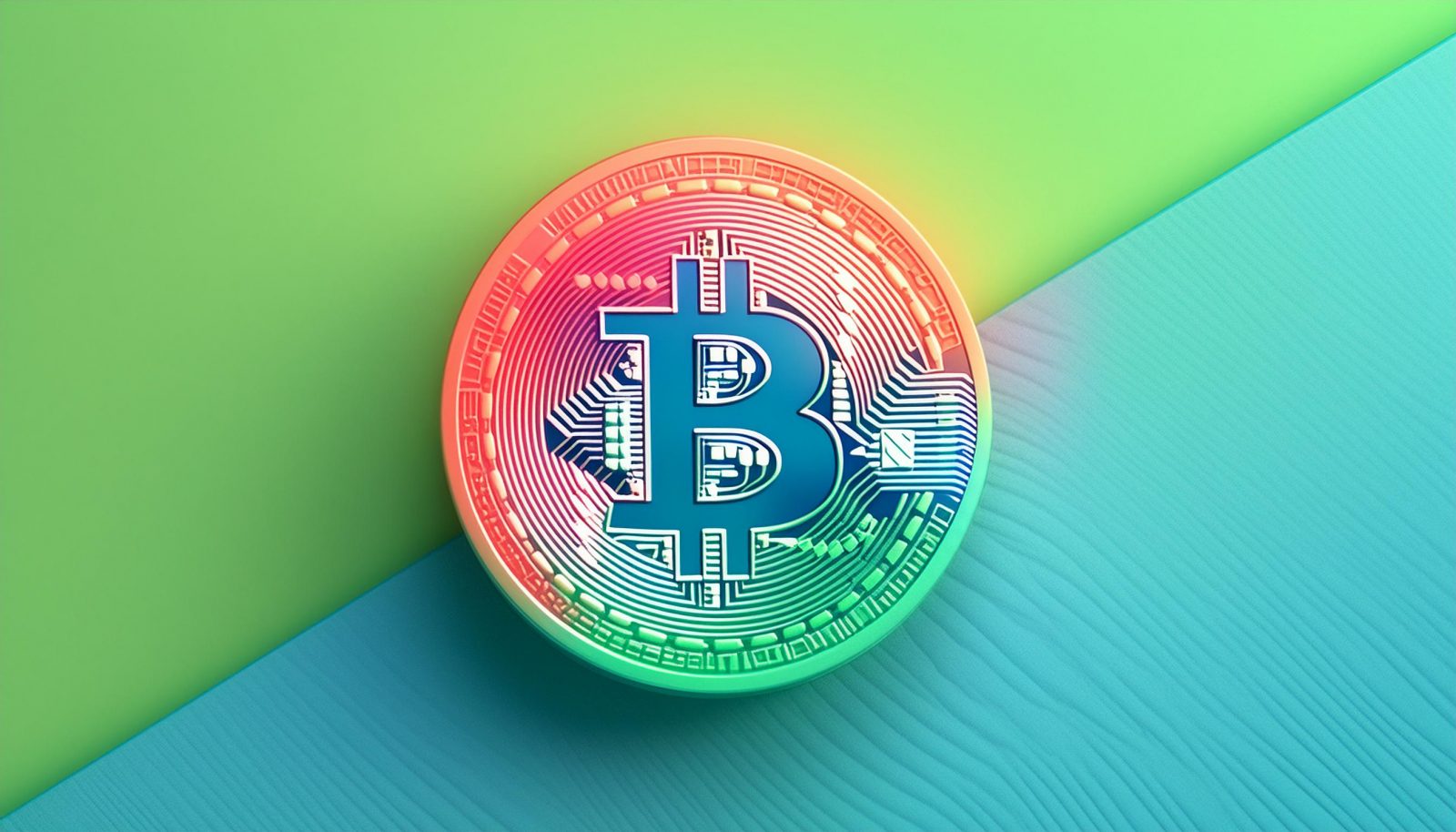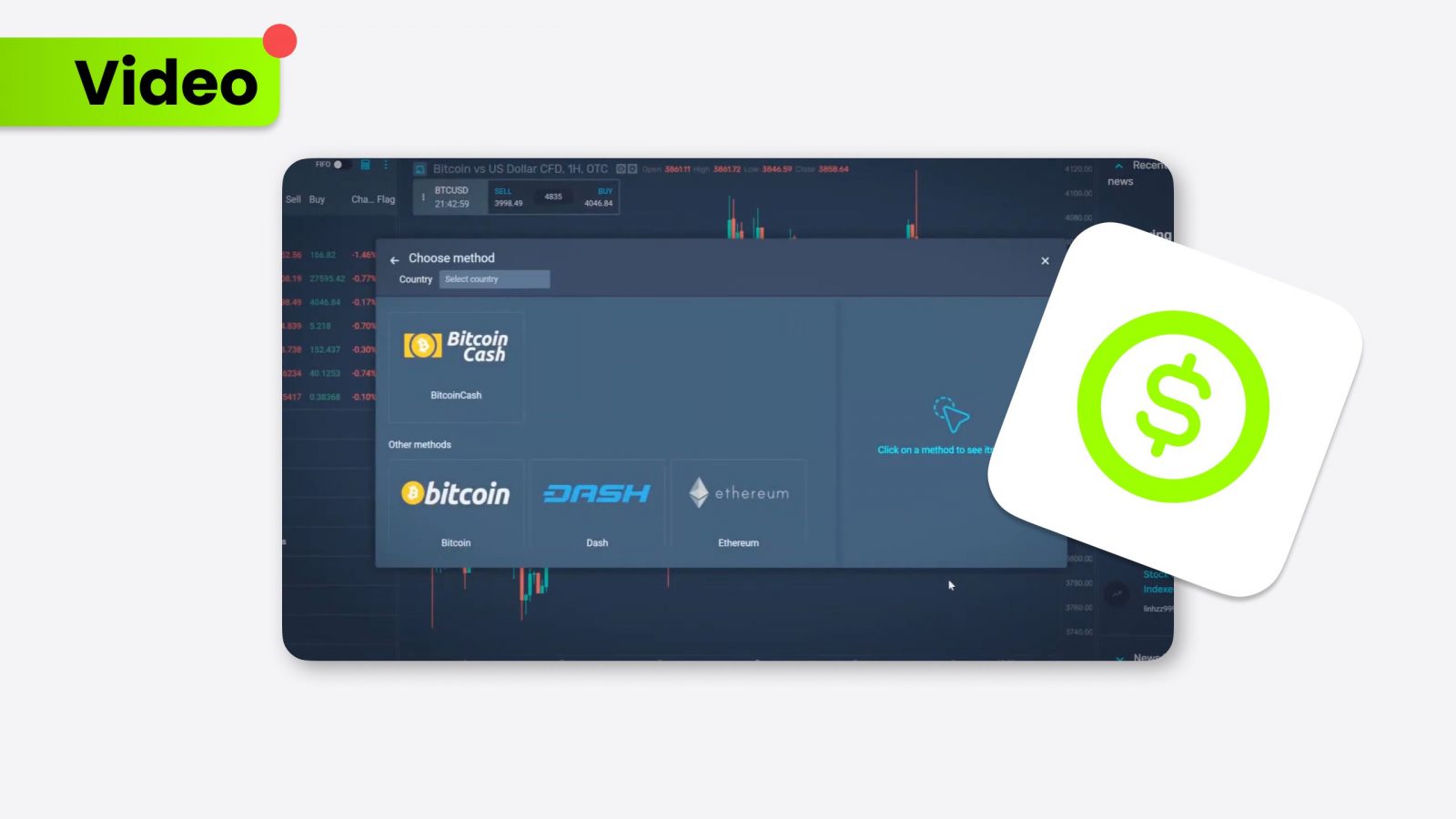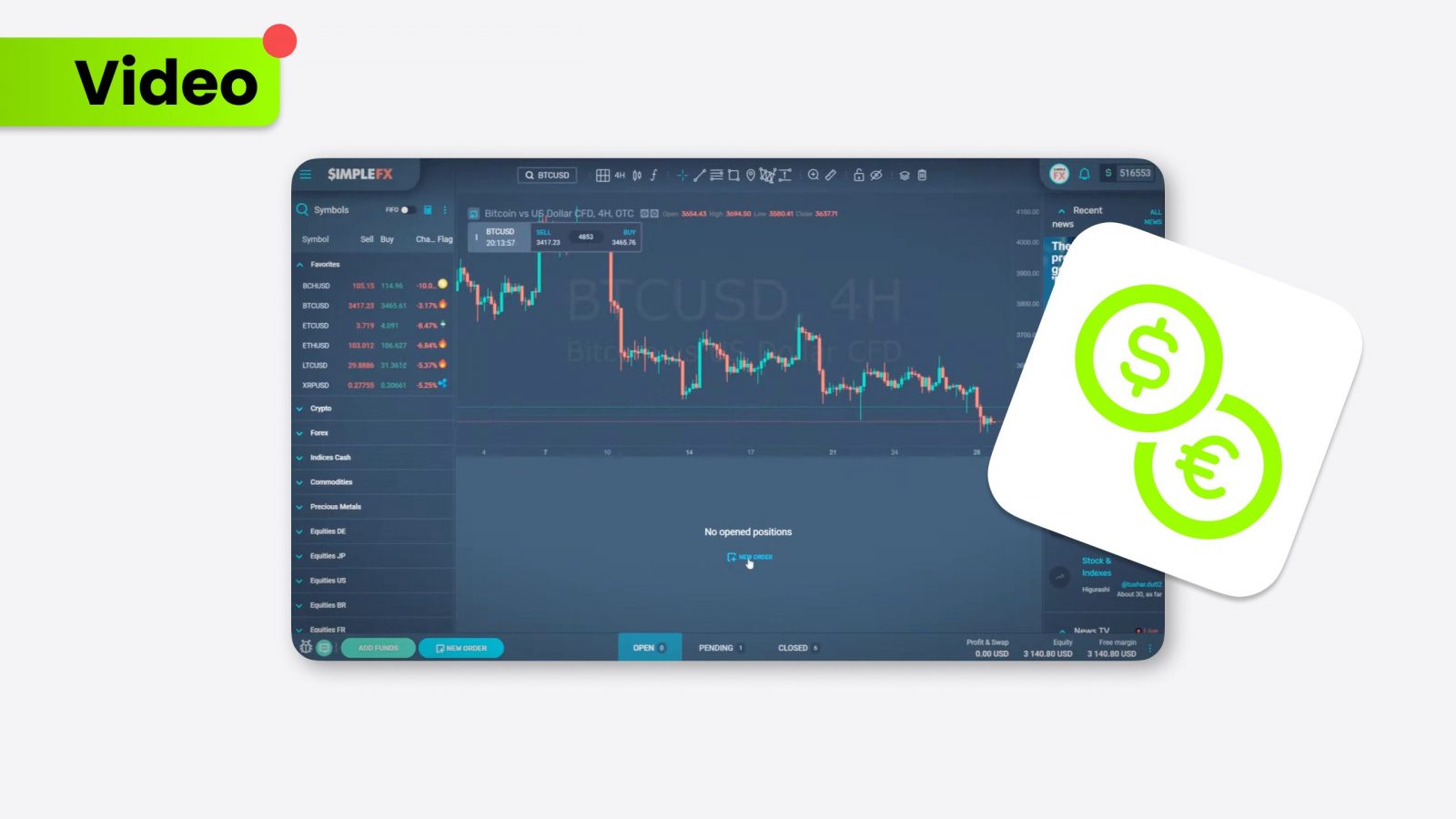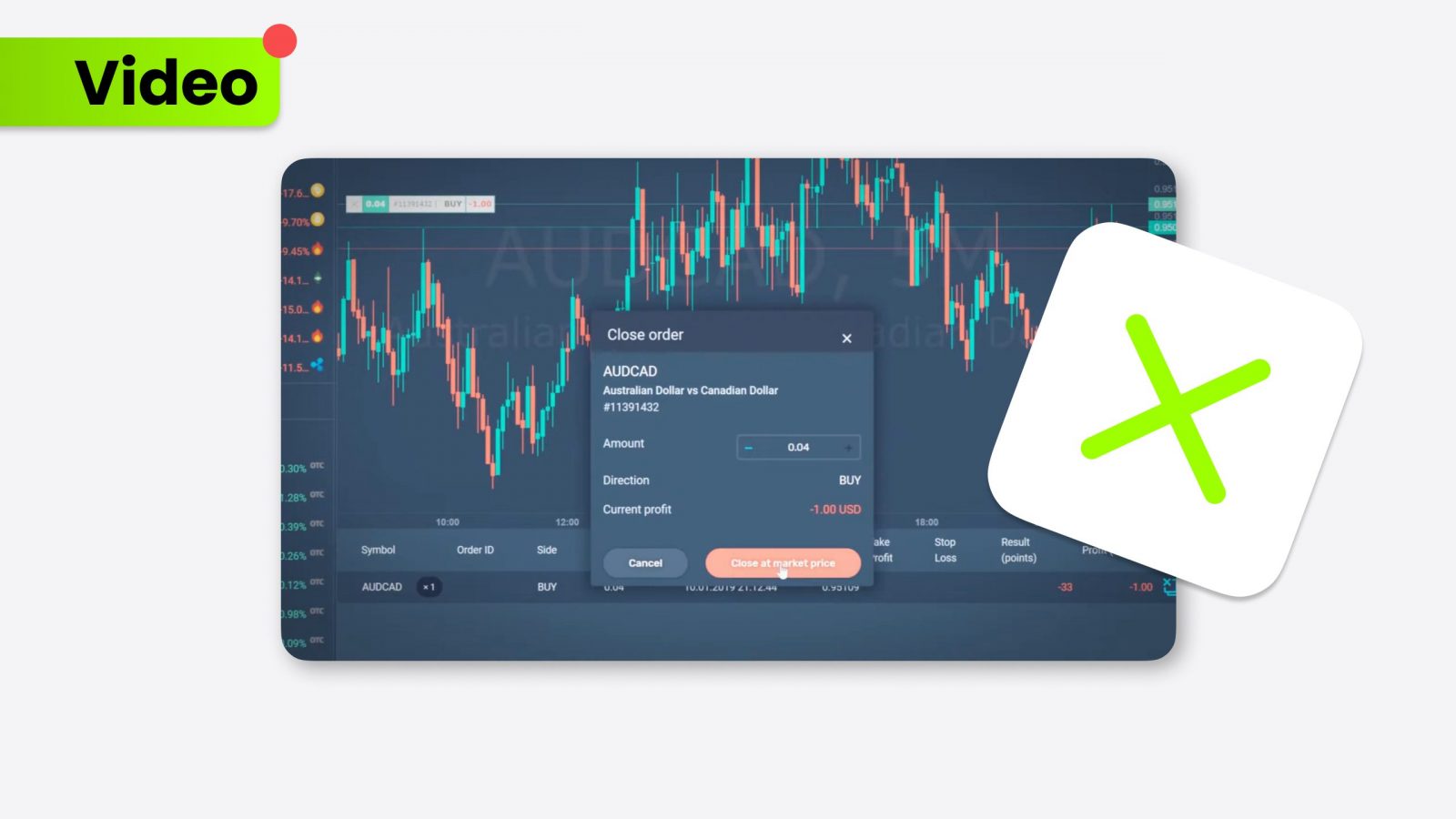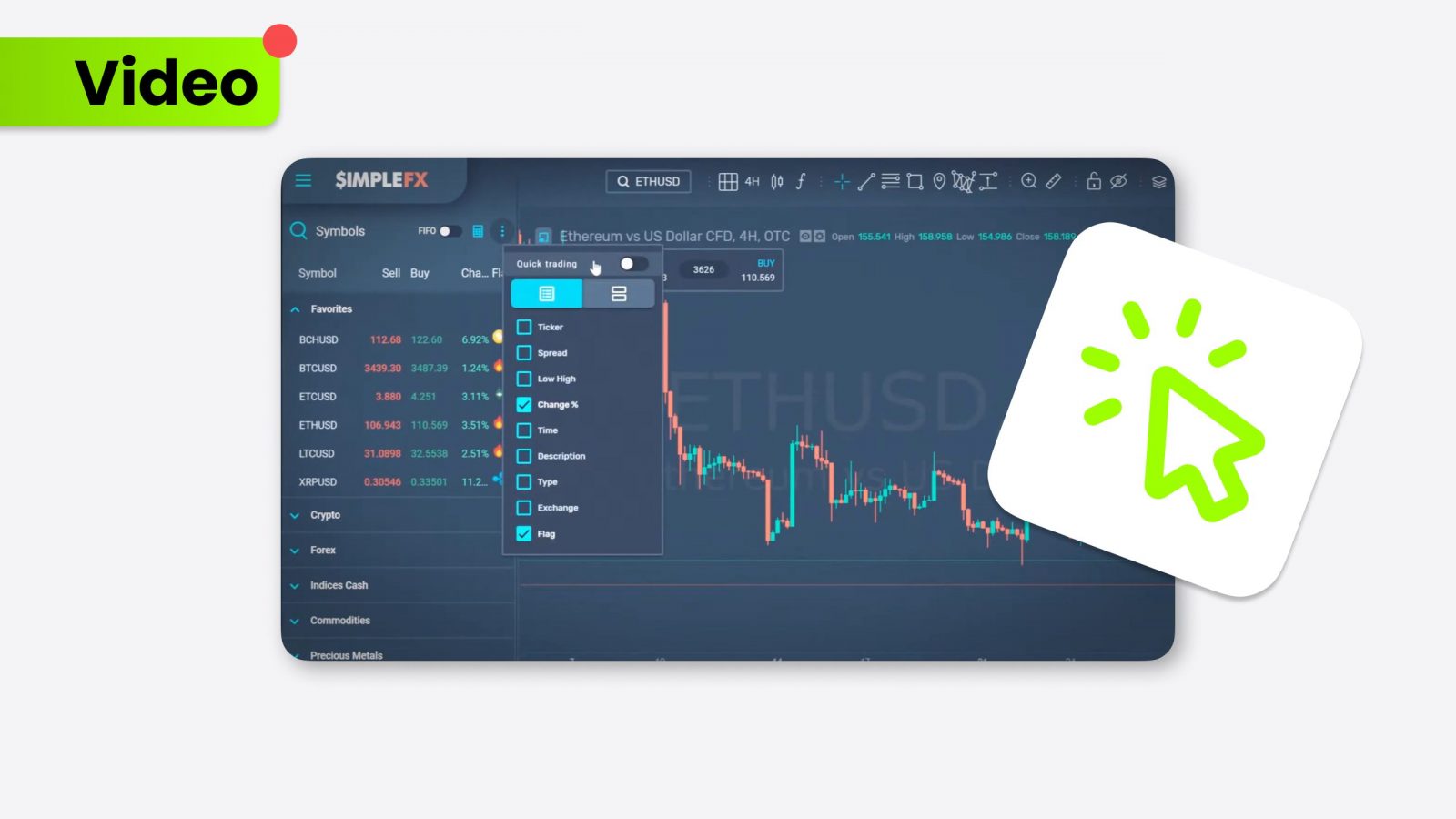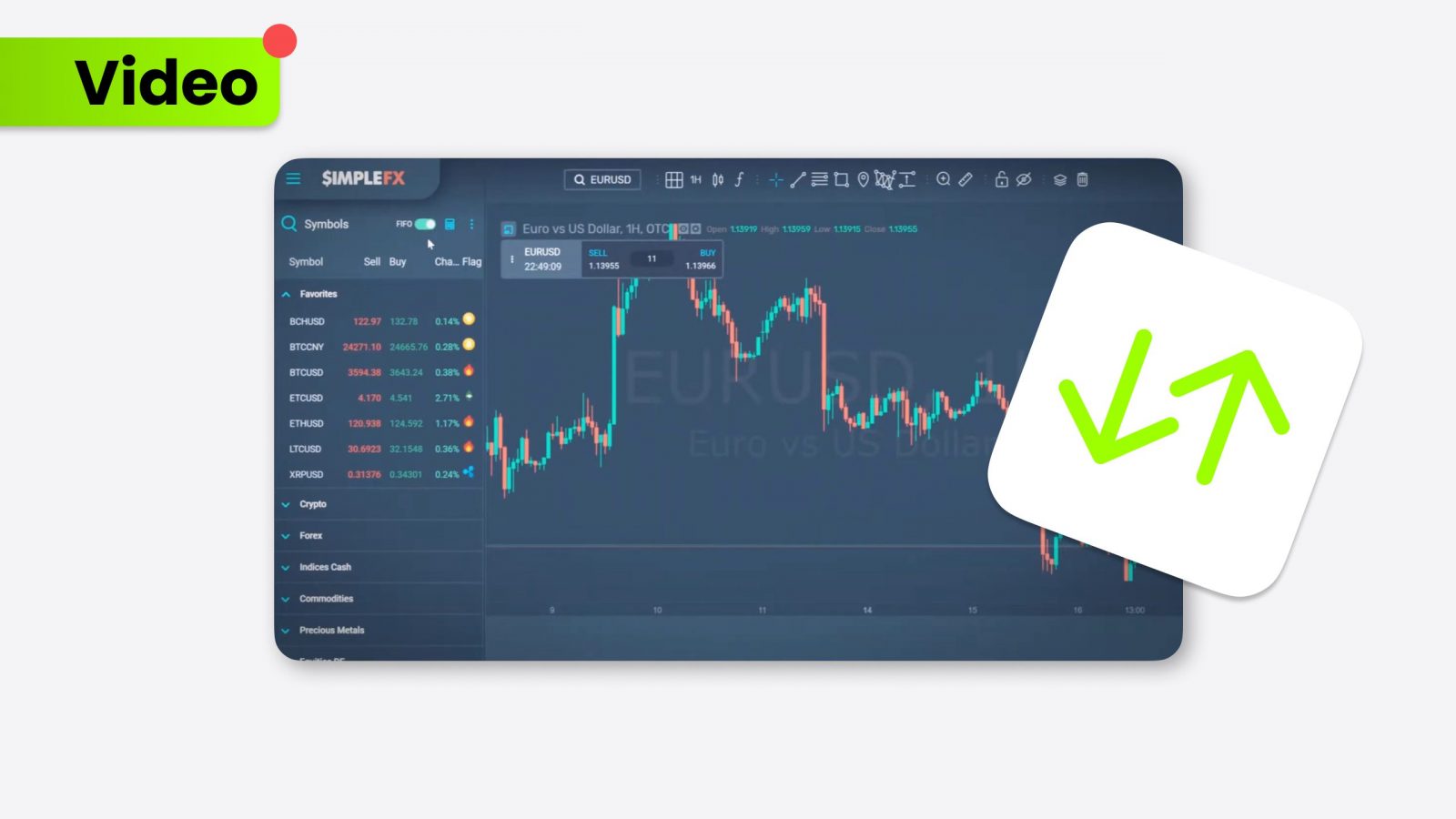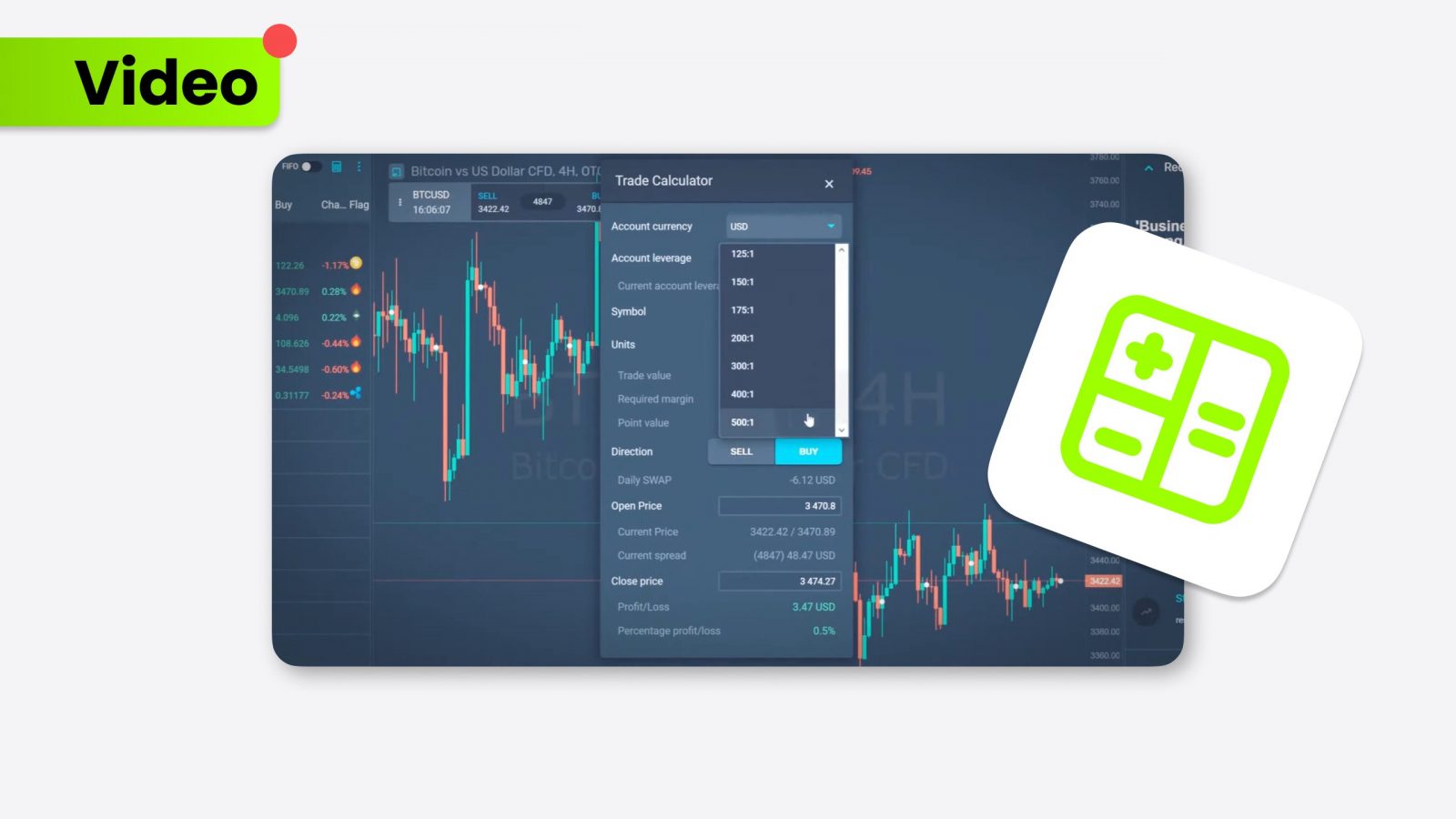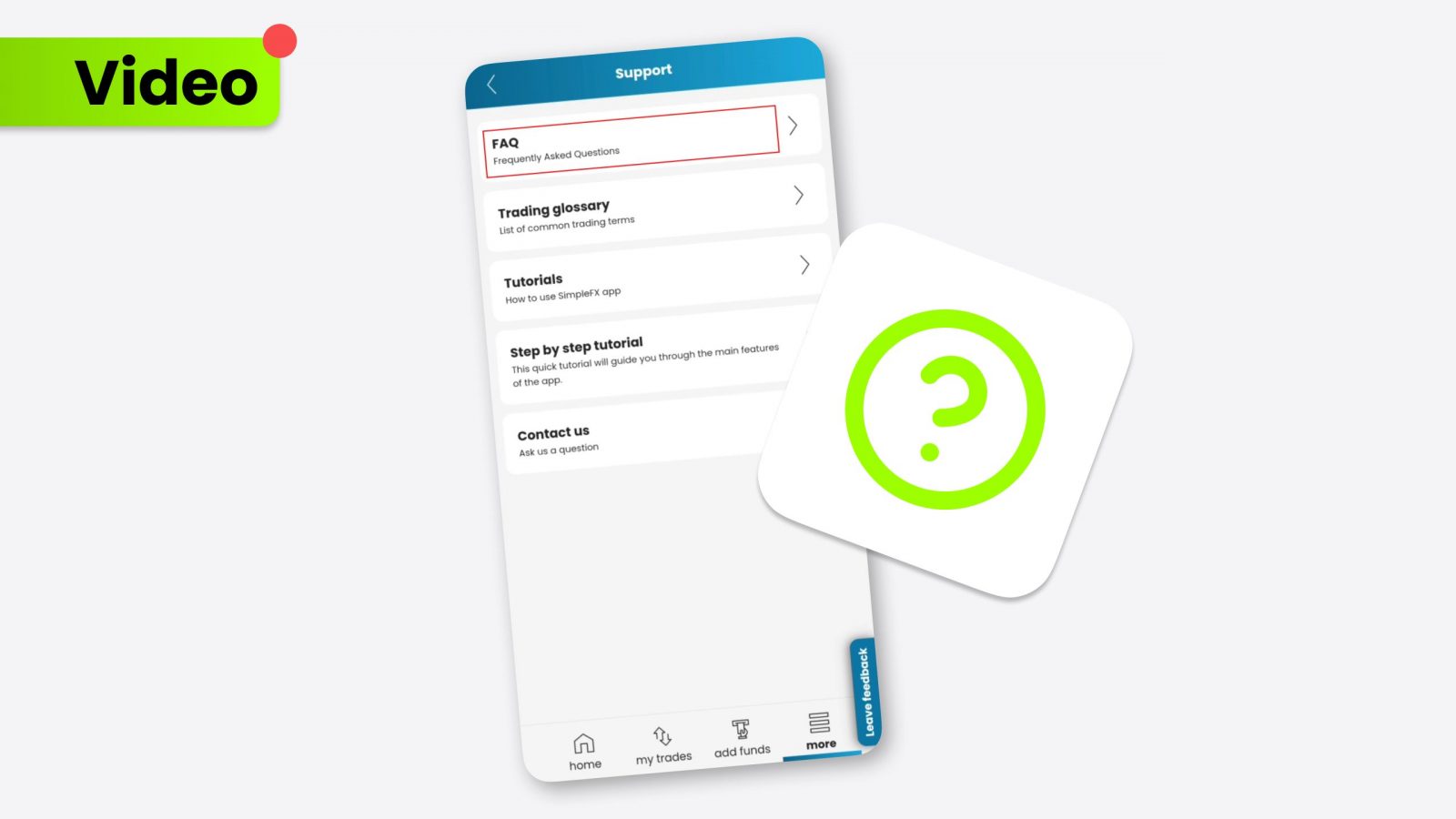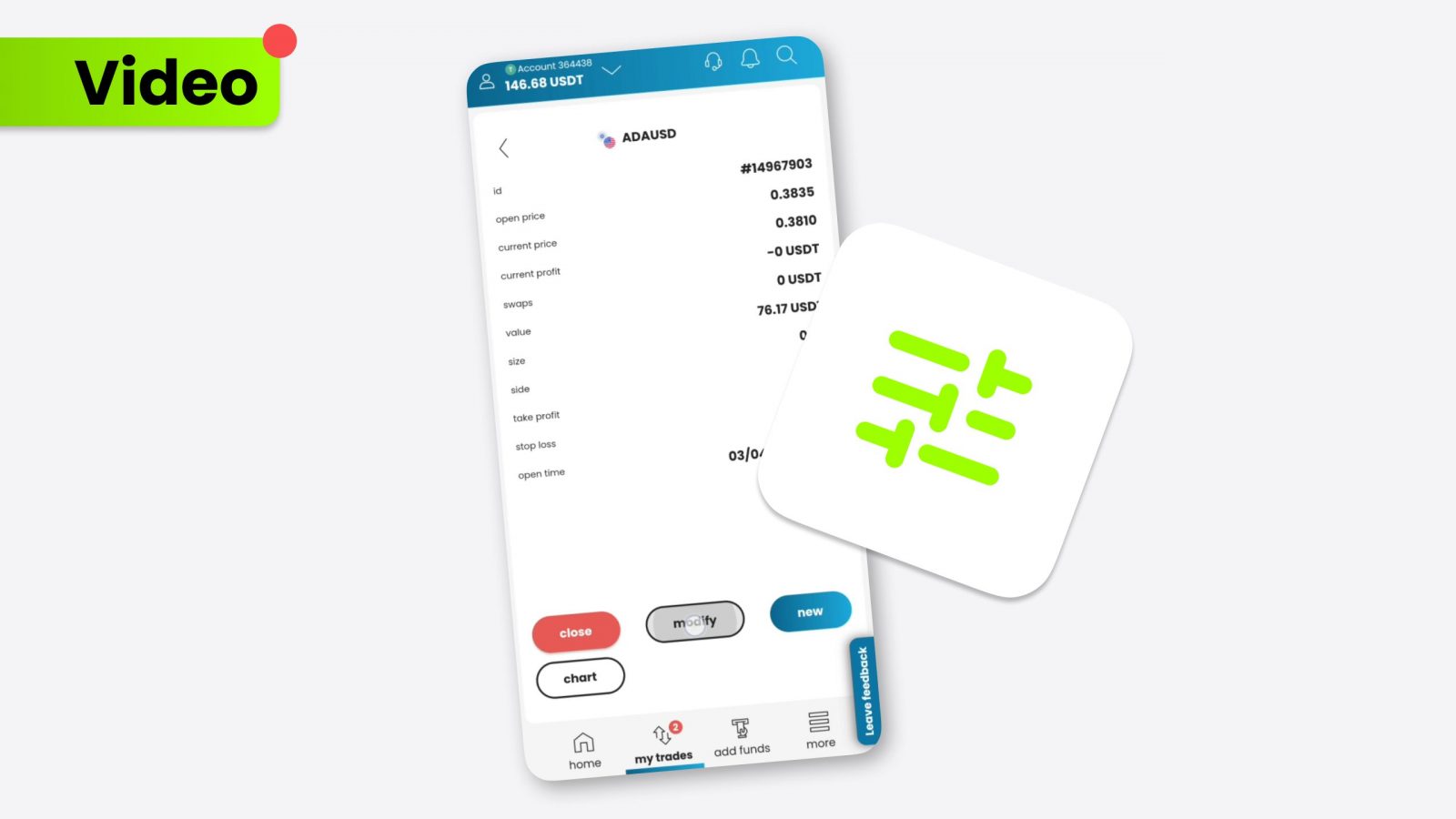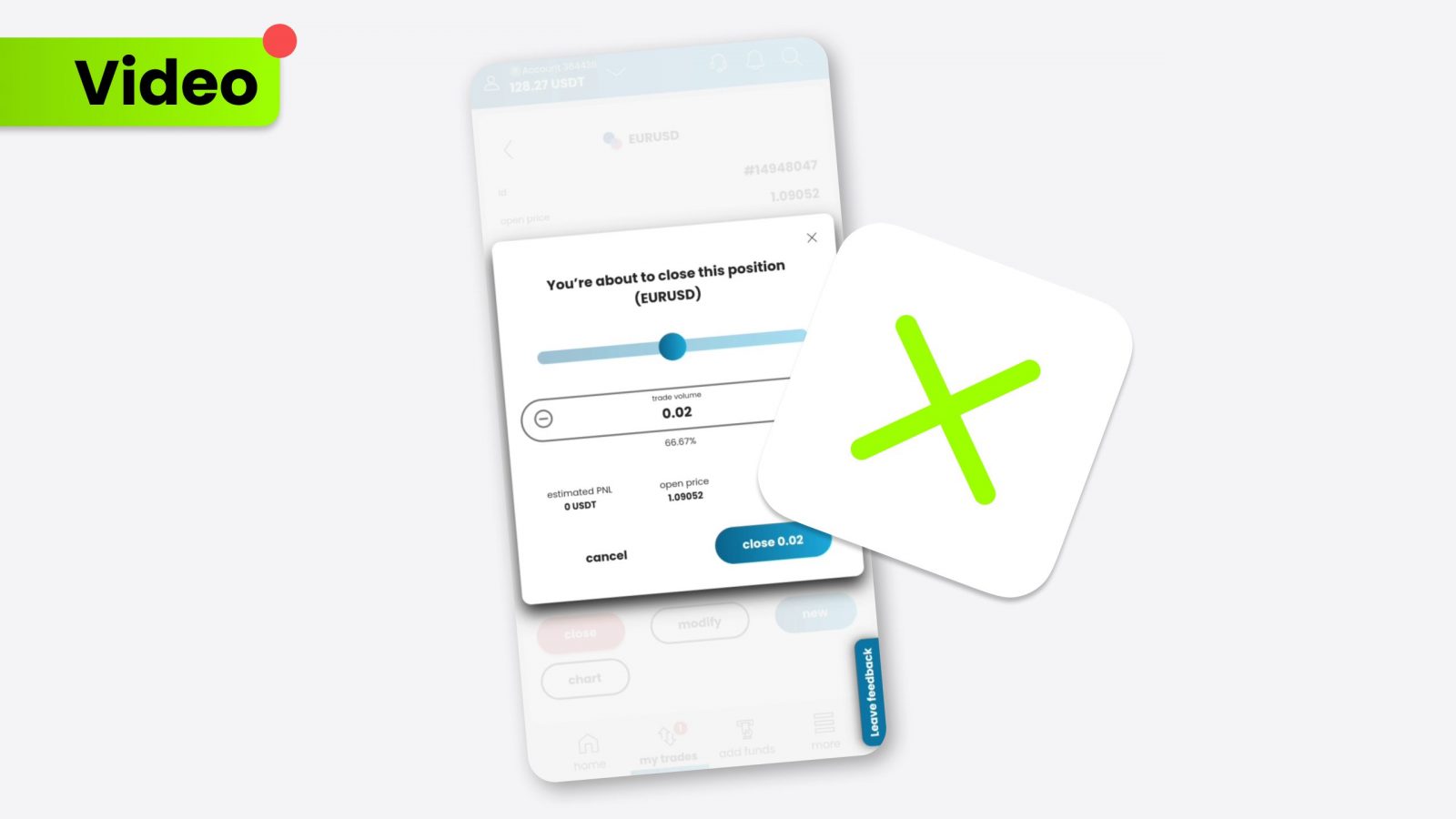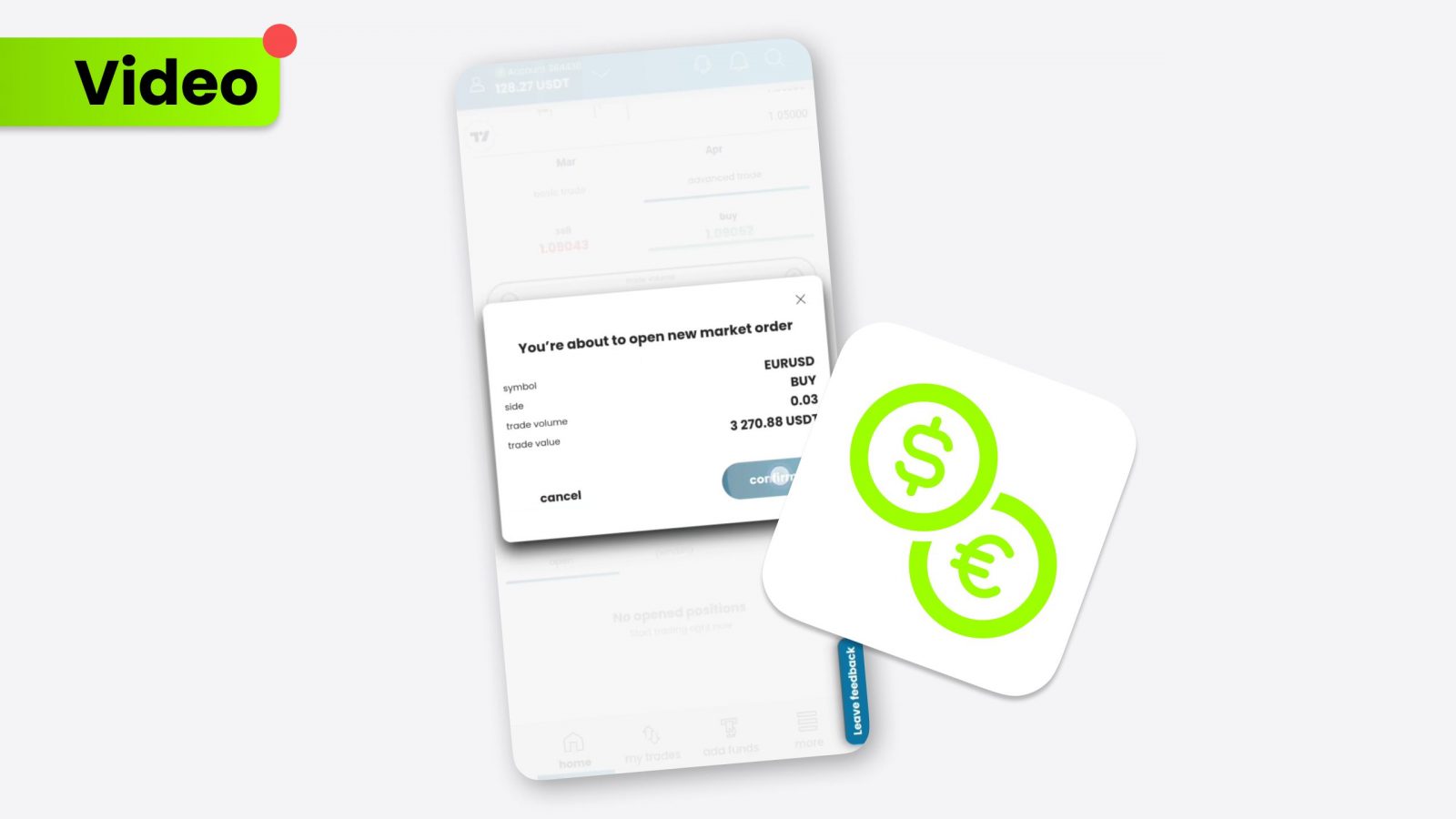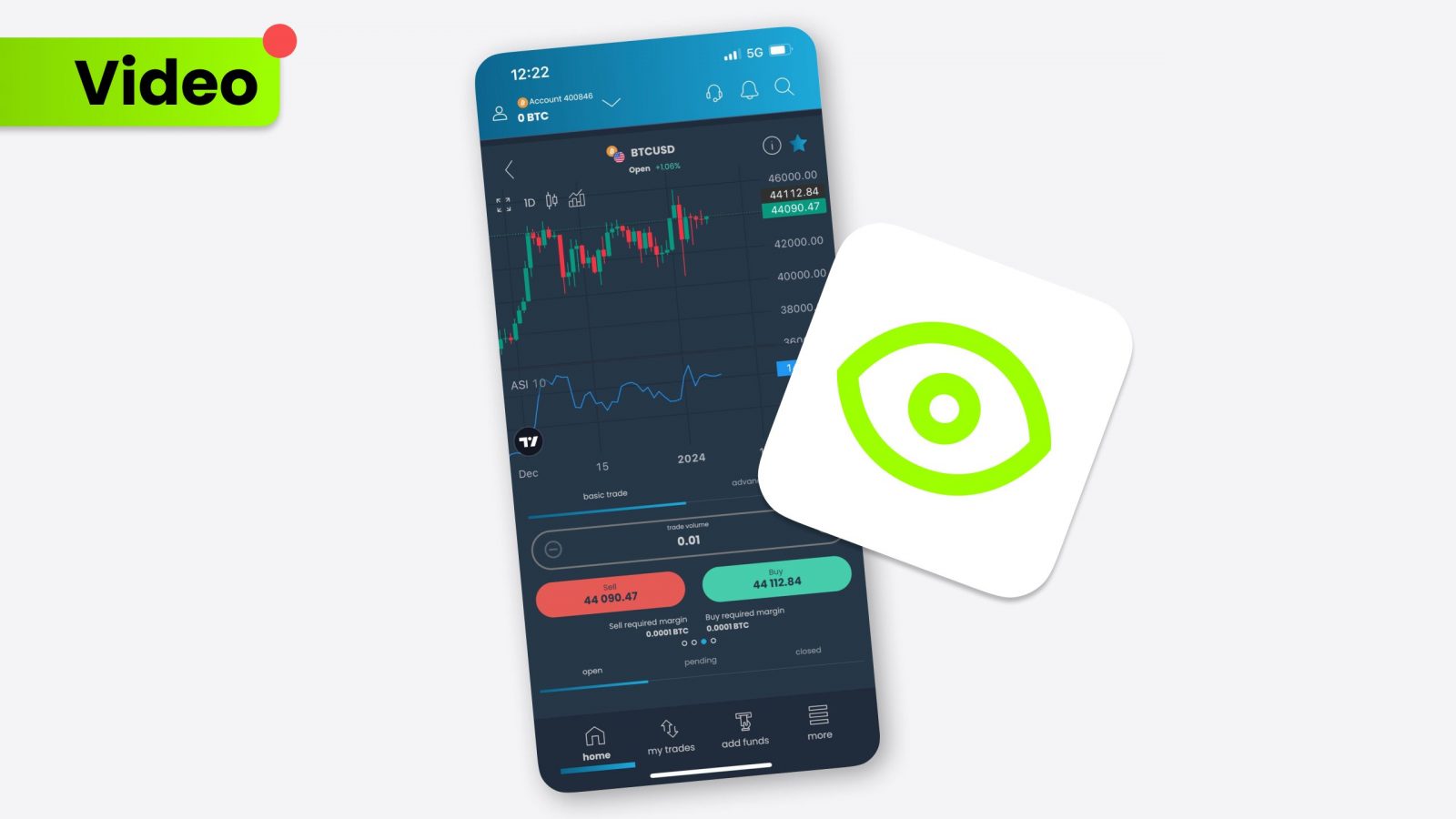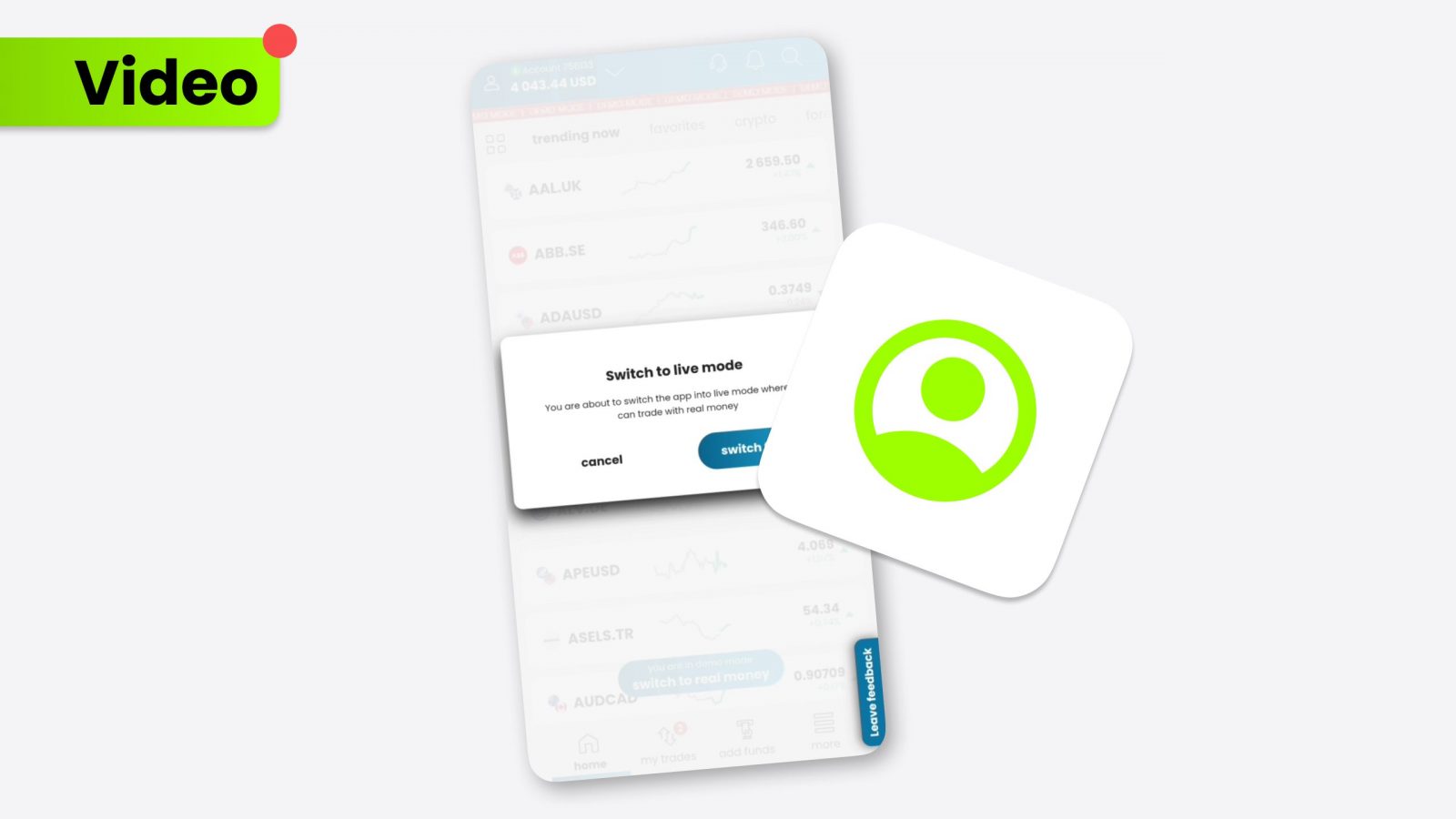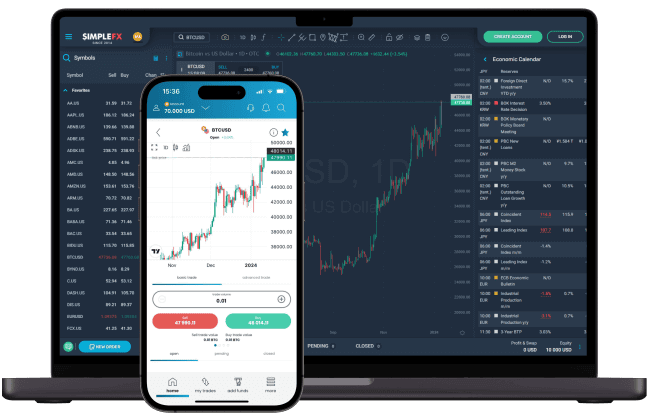Blockchain is known as the tech wizard behind the curtain of cryptocurrencies. Traders should learn how it powers up digital currencies like Bitcoin, and why it’s not just a one-hit wonder in the crypto world.
- Blockchain serves as the fundamental technology behind cryptocurrencies, enabling secure, decentralized transactions without a central authority.
- It supports various applications beyond cryptocurrencies, such as smart contracts on Ethereum and use cases in industries like supply chain and healthcare.
- The technology ensures transaction security and operational transparency, making it a robust platform for managing digital interactions and assets.
Blockchain explained
Blockchain technology serves as the foundational layer for cryptocurrencies, with Bitcoin (BTC) being the first to utilize this revolutionary tech to facilitate secure, peer-to-peer transactions without the need for a central authority. Bitcoin operates on a Proof of Work (PoW) mechanism, which involves solving complex mathematical problems to validate transactions and secure the network.
Ethereum (ETH) further expanded on this concept by introducing smart contracts, which enable automatic contract execution when predetermined conditions are met, showcasing the versatility of blockchain beyond mere currency. Ethereum has transitioned from PoW to Proof of Stake, aiming to increase network efficiency and reduce energy consumption. This shift highlights the adaptability of blockchain technology to meet diverse operational needs across different platforms.
What is blockchain?
Think of blockchain as a digital diary that’s not kept in one place but shared across the world. This smart tech spreads data across many places, making it super transparent and secure. Unlike the old-school, keep-it-all-in-one-place databases, blockchain lets everyone have a peek but keeps anyone from taking over. This means better safety and a fairer way of looking after our digital stuff.
Principles of decentralization
Blockchain’s all about teamwork. Instead of keeping all the info in one big box, it’s split across many computers. Each holds a piece of the puzzle (the ledger), so even if one has a bad day, the others are fine. It’s a bit like having backup singers – if one misses a note, the song still plays on. This makes sure our info stays safe and sound.
Blockchain technology in cryptocurrencies and beyond
Furthermore, the adaptability of blockchain technology extends beyond cryptocurrencies, finding applications in sectors such as supply chain management, healthcare, and digital identity verification, revolutionizing how data and assets are managed across various industries.
Blockchain technology in cryptocurrency
Blockchain technology shines in the world of cryptocurrencies. Each time you buy, sell, or trade digital currencies, it gets jotted down as a data block. These blocks then link up like a chain (that’s why it’s called blockchain). Thanks to this clever setup, messing with these records is super tough – like trying to cheat at a game where everyone’s watching.
Beyond cryptocurrency: Diverse applications
But here’s the kicker: blockchain isn’t just about digital money. It’s a whiz at managing contracts without the middleman, making deals smoother and faster. It’s also tracking goods from A to Z, ensuring what you buy is the real deal. And in healthcare, it’s keeping patient info safe, which is a big win for everyone.
Understanding blockchain’s security and transparency
Understanding blockchain’s security mechanisms reveals why it’s considered one of the most secure ways to conduct transactions. Blockchain’s transparency and immutable record-keeping ensure that every transaction is visible and verifiable, making any attempts at fraud or manipulation easy to detect and nearly impossible to execute.
The fortification of security
Here’s the cool part: blockchain is like a digital Fort Knox. Its mix of clever coding and spreading data far and wide makes hacking into it or changing data really, really hard. This isn’t just about using tough passwords; it’s about how the data is locked up in a chain of cryptographic puzzles that are insanely difficult to crack. It’s a major win in the world of finance, where the safety of transactions and investments is always the top priority. Plus, with each block watching over the last, altering one means having to redo the whole chain—an almost impossible feat that keeps our digital finances secure. This robust architecture contributes significantly to crypto security, ensuring that blockchain remains one of the safest platforms for digital transactions and asset management.
The assurance of transparency
Transparency is blockchain’s secret sauce. It’s like having all transactions in a glass box where everyone can see but can’t tamper with them. Each transaction is out there for the whole network to see, check, and verify. This isn’t just about openness; it’s about building a system where trust is baked right in. In areas like banking and legal matters, where following the rules is crucial, this kind of transparency is a game-changer. It’s not just about preventing sneaky moves; it’s about creating an environment where everyone knows the game is fair.
Conclusion: Embracing blockchain’s future in finance
The story of blockchain is just getting started. Its knack for making transactions safe, open, and efficient is turning heads in all industries. As it grows and changes, it’s looking like it’ll change the way we handle money and business, bringing a bit of the digital revolution to our everyday lives. For anyone interested in money and finance, keeping up with blockchain is becoming super important. This tech is moving fast, finding new ways to make our lives easier and our finances smoother. Staying in the loop and ready to adapt is critical to making the most of this digital adventure. Getting into blockchain now is like getting a front-row seat to the future of finance.


